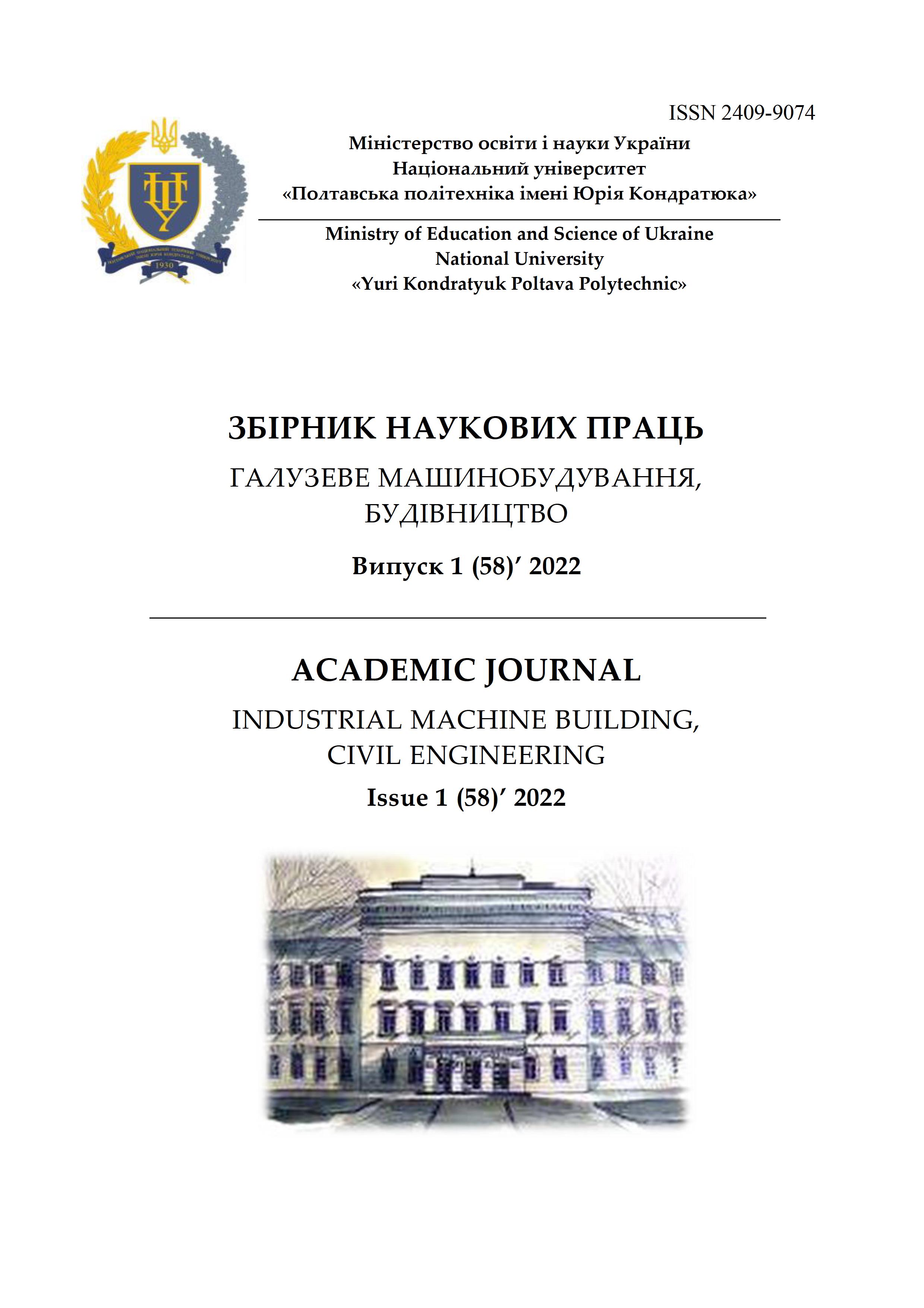Research of truck train aerodynamic indicators by using computer simulation
DOI:
https://doi.org/10.26906/znp.2022.58.3076Keywords:
aerodynamics, road train, tail bag, rear wing, wing skirtAbstract
The article describes the possibility of studying aerodynamic parameters of a freight train using computer simulation.
This method of research can reduce the costs of designing new structures of road trains and determine the optimal design features of the car's modification with insignificant costs. In order to reduce the cost of cargo transportation, some manufacturing companies apply the method of reducing and improving aerodynamic performance and installing new economical engines. Improved aerodynamics by some of the manufacturers provides fuel savings of up to 3% for long-distance and regional transportation. In order to improve aerodynamic performance (reduction of air resistance) of a road train, its shape was analyzed, taking into account possible side winds affecting the car body
References
Ozawa H., Nishikawa S, Higashida D. (1998). Development of aerodynamics for a solar race car. JSAE Review, 19, 343-349
Cooper K.R., Sovran G. and Syms J. (2000). Selecting Automotive Diffusers to Maximize Underbody Downforce. SAE Paper No. 2000-01-0354
Ruhrmann A., Zhang X. (2003). Influence of Diffuser Angle on a Bluff Body in Ground Effect. Journal of Fluids Engineering, 125, 1-7
Pikula B., Mešić E., Hodžić M. (2008). Determination of air drag coefficient of vehicle models. International Congress Motor Vehicles & Motors. Available at:
www.researchgate.net/publication/235988524
Opanasyuk D., Begerskyi M., Mozharovskyi O., Opanasyuk E. (2019). Study of the aerodynamic parameters of the road train by the method of physical modeling. Bulletin of the ZSUTechnology, 1(83), 25-34
doi.org/10.26642/tn-2019-1(83)-25-34
Skoryk M.O. (2013). Analysis of the air flow field factors around a passenger car. ХХth International scientific and practical conference of students, postgraduates and young scientists «Actual problems of the life of society», Kremenchuk: KrNU
Hyams D., Sreenivas K., Pankajakshan R., Nichols D., Briley W. & Whitfield D. (2011). Computational simulation of model and full scale Class 8 trucks with drag reduction devices. Journal of Computers and Fluids, 41(1), 27-40
doi.org/10.1016/j.compfluid.2010.09.015
Dalla Longa L., Morgans A.S. & Dahan J.A. (2017). Reducing the pressure drag of a D-shaped bluff body using linear feedback control. Theoretical and Computational Fluid Dynamics, 31 (5), 567-577




